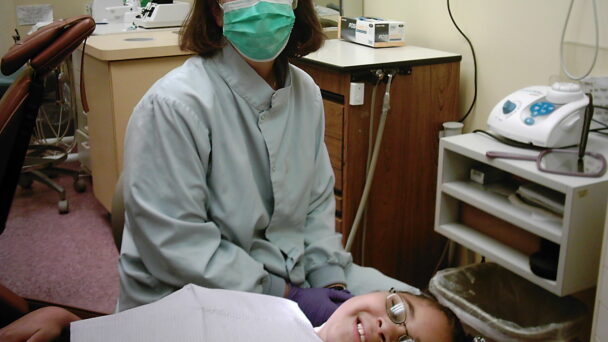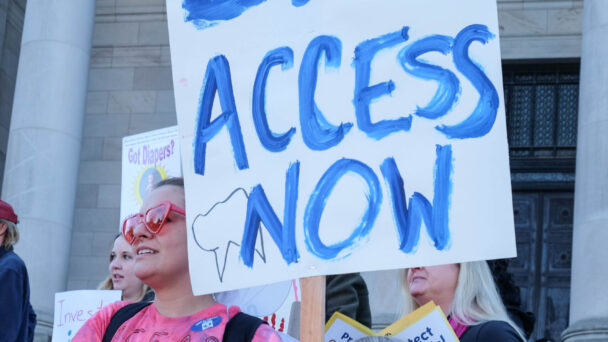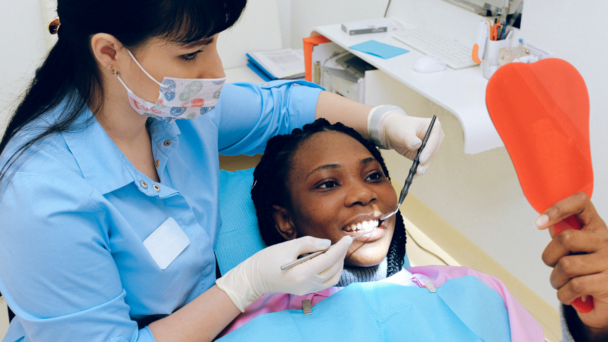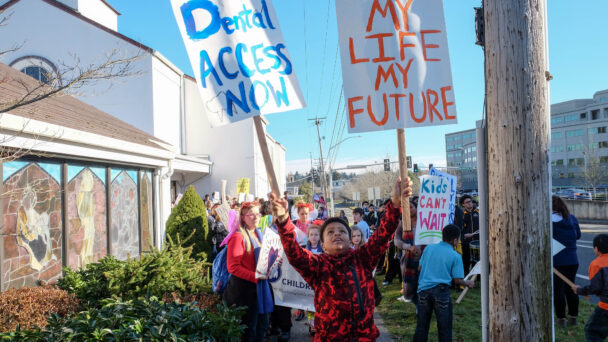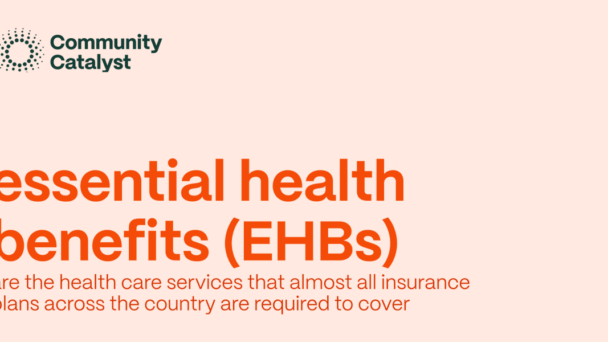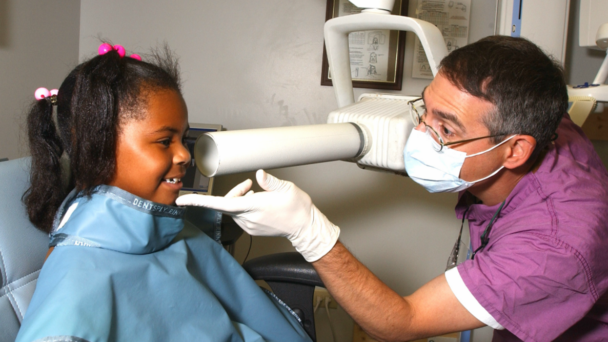Advancing Equitable Workforce Opportunities Post-Medicaid Adult Dental Benefit Expansion
Oral health is critical to overall health, impacting physical, mental, social and emotional well-being. Despite its importance, millions of people in the U.S. lack access to dental care. With the expansion…
